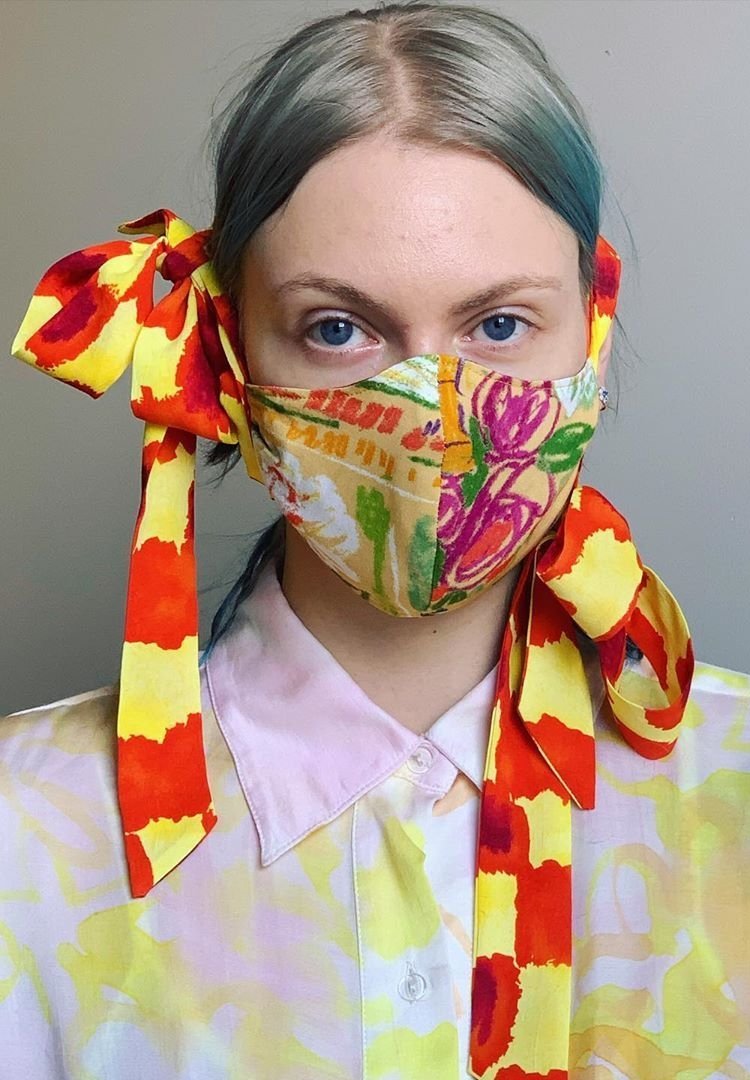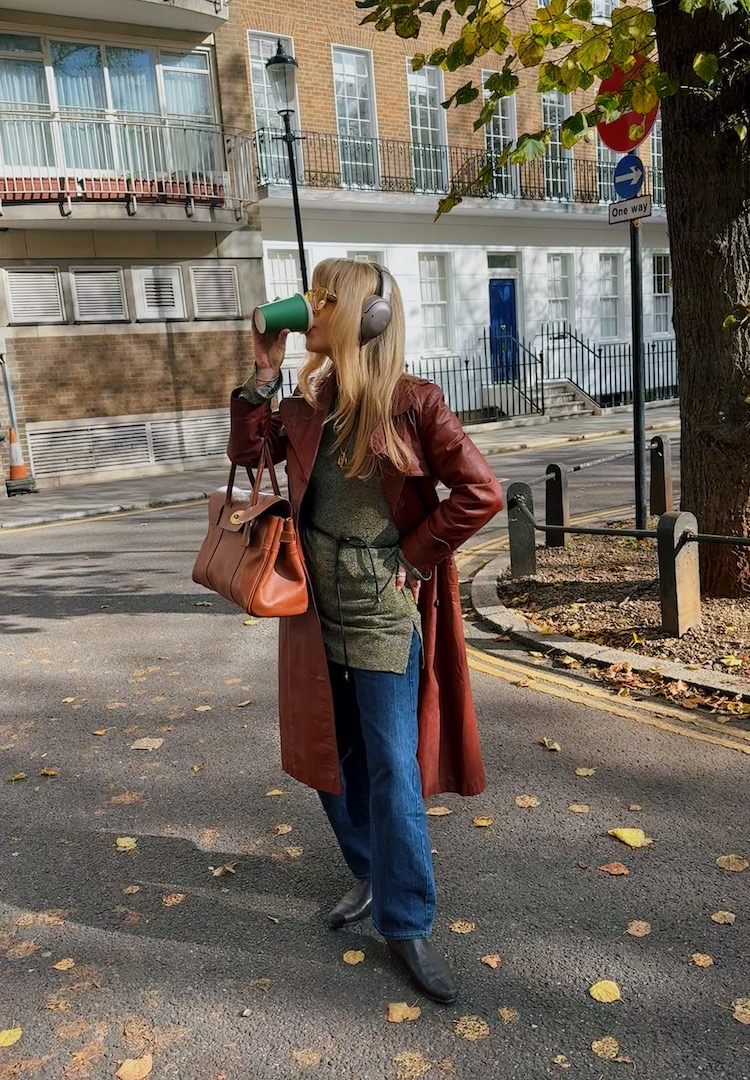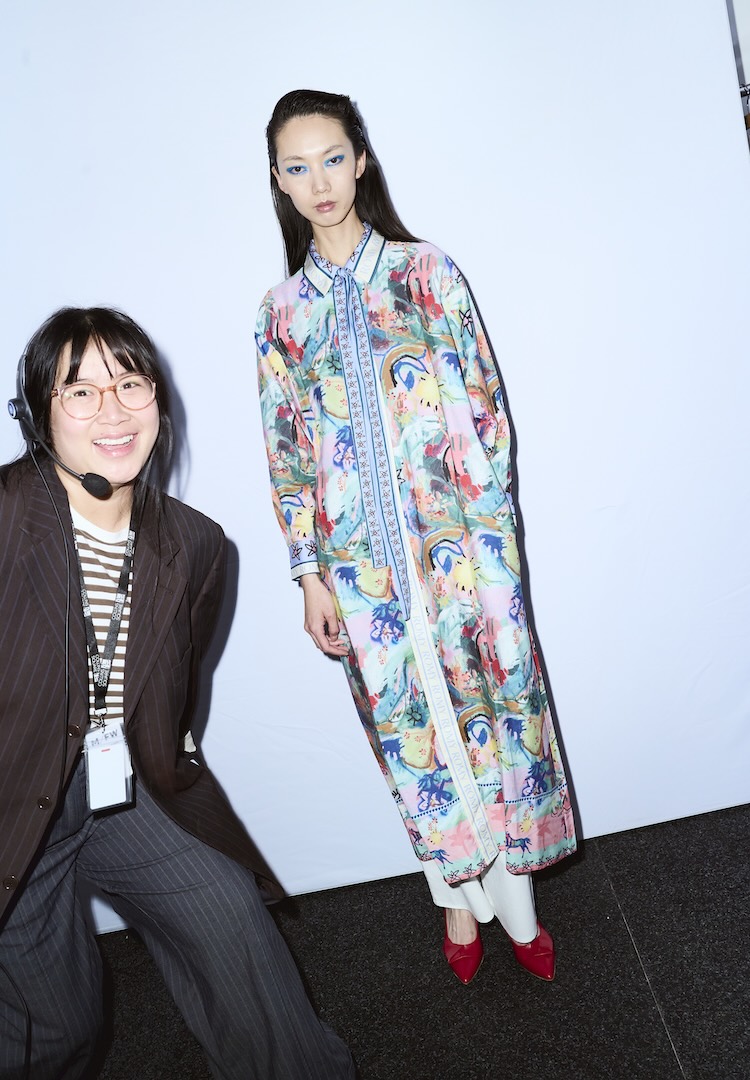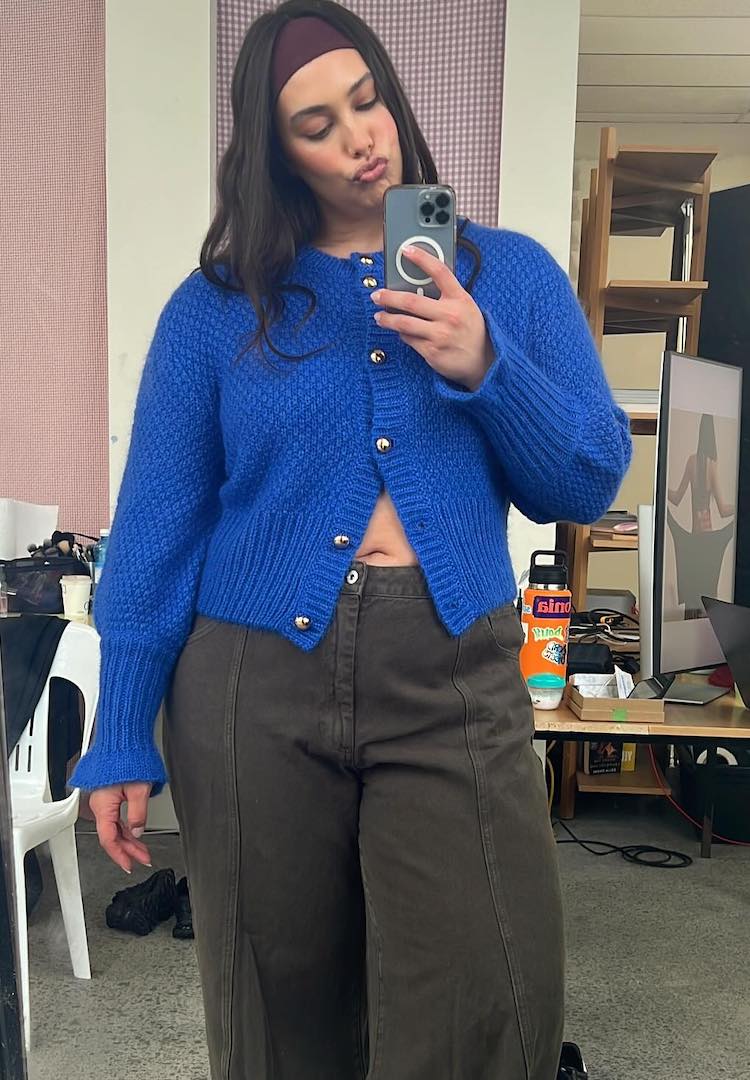Thousands of designers around the world are banding together, calling for global change in the fashion industry
IMAGE VIA PERMANENT VACATION
WORDS BY MAGGIE ZHOU
More than 1300 CEOs, designers and retailers have joined the cause so far.
Anyone even the slightest bit interested in sustainable fashion will know the industry is long overdue for radical change. But so far, this change has felt piecemeal.
Global initiatives such as Fashion Revolution have called for greater industry transparency and held brands to account, yet many brands still refuse to reveal their supply chains. Others such as Extinction Rebellion have put the onus on consumers, calling for us to boycott fashion altogether, but have failed to take off due to their extremism.
Over the weekend, however, a new initiative was announced that holds a glimmer of hope for effecting real, global change.
Industry leaders worldwide have joined forces to launch Rewiring Fashion – a global assembly of independent fashion designers, retail executives and CEOs, calling on brands to join as signatories and rewire the entire fashion industry.
Through an open letter and petition, signatories are asked to take active steps towards change, through a three-pronged approach: change current fashion calendars, rethink runway models and eliminate discount culture from retail.
The initiative has legs. It is spearheaded by Business of Fashion, who brought together 64 founding designers – including Phillip Lim, Missoni and Isabel Marant – to launch the campaign. Since Friday, and at the time of writing, over 1300 signatories have joined.
Fast-acting Australian signatories include Assembly Label, Permanent Vacation, Nico, Ted Baker and Skin and Threads. You can keep an eye on the list as it is updated live here.
The project began with small bi-weekly Zoom meetings between BoF and finding partners, but has now expanded into a digital project accessible to anyone. We encourage all Australian brands and designers to showcase their support and join the campaign here.
Below, we break down the three approaches campaigned for by Rewiring Fashion.
Resetting the fashion calendar
One core issue identified by the group is the inefficient and exhausting pace of the current fashion calendar.
As it stands, fashion shows and buying periods are out of sync with real life seasons. Once upon a time, this made sense. Fashion shows were held almost exclusively for fashion buyers, media and VIP clients, who would work with the brands across their upcoming collections, to be released in the seasons ahead.
Consumers, generally, wouldn’t be privy to collections until they landed in stores.
Now, however, consumers can bear witness to runways as they happen. It means that when collections do finally hit stores, consumer excitement may have already fizzled out. Fast fashion brands may have replicated runway styles, fashion influencers may have already worn them, and the trend may be considered ‘old’, before the original source has even been released.
Rather than months ahead, Rewiring Fashion instead calls for shows to take place weeks, or even mere days, before styles hit retail shelves. This will mean less time between introduction and distribution, and prevent fast fashion brands from copying designs. It also allows for increased consumer access to the original designs, a win-win for all.
The group is advocating for its fashion weeks to be held in January/February and June, with combined men’s and women’s fashion weeks, to mean fewer fashion weeks in total.
This will also allow styles to remain on shelves for longer and help breakdown the gender binary that still delineates much of the fashion industry.
Reimagining fashion shows
Fashion shows take on a format that has remained largely unchanged for 50 years; one which Rewiring Fashion considers outdated and too rigid. The group is pushing for fewer rules and expectations around how and when a brand can show their collections.
As fashion shows turn increasingly digital – and celebrities and influencers joining the ranks of buyers, press and other industry people at runways – designers are calling for more freedom to engage consumers directly.
Already we’ve started to see shifts in fashion week models. Up in Sydney, Mercedes Benz Fashion Week Australia has always been an industry-only event. The past few years have seen a consumer program added over the weekend, after the industry events have closed.
This year, however, saw consumer events dotted throughout the week’s industry schedule, allowing insiders and consumers to mingle. Of course, the event was cancelled before it could run due to COVID-19.
This industry/consumer hybrid has otherwise been popularised globally.
Break fashion’s addiction to discounting
Rewiring Fashion is also rallying to put an end to discount culture in the fashion industry. The argument is that regular discounts breeds consumer ‘discount dependency’, which in turn decreases a brand’s profitability and long-term brand equity.
The group wants to push back end-of-season markdown periods, stop mid-season sales and cancel days like Black Friday and Cyber Monday, to reduce this dependency.
In their own words, Rewiring Fashion is here to “preserve the beauty, creativity, and craft of our industry, while building solid, sustainable businesses.”
To join the growing list of signatories, click here.













